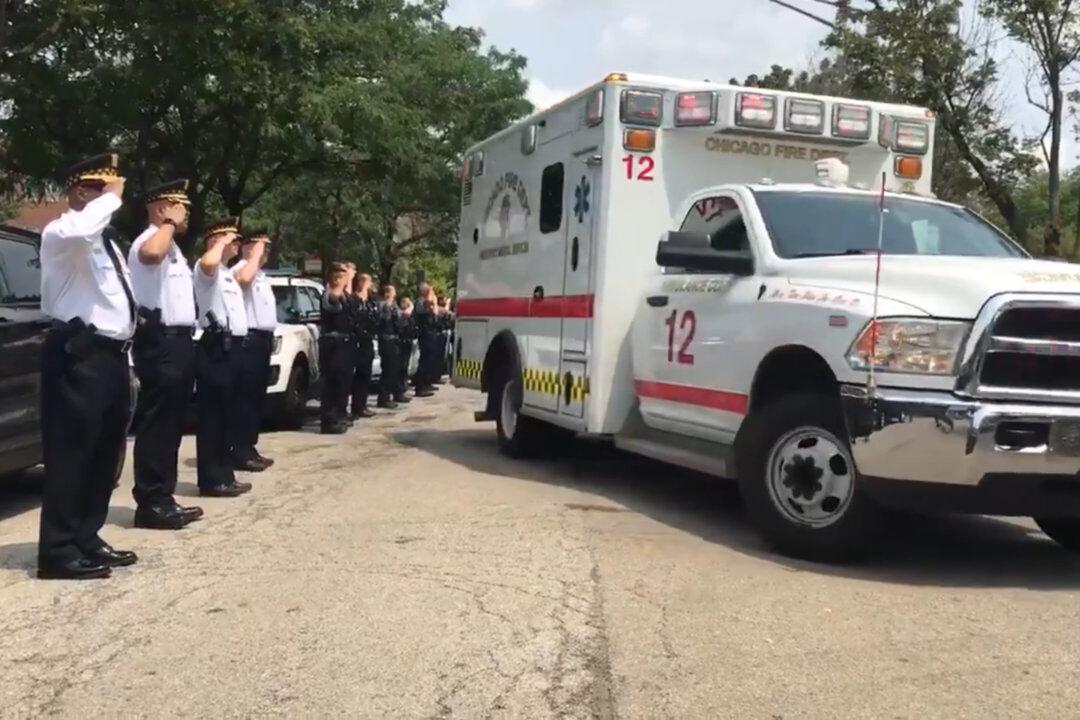CHICAGO—A Chicago police officer was found dead due to an apparent suicide on the morning of July 14, according to the Chicago Police Department (CPD).
The officer, 24-year-old Christian Furczon, was found dead at around 7 a.m. near Nathan Hale Elementary School in the Clearing neighborhood on the Southwest Side of Chicago.





